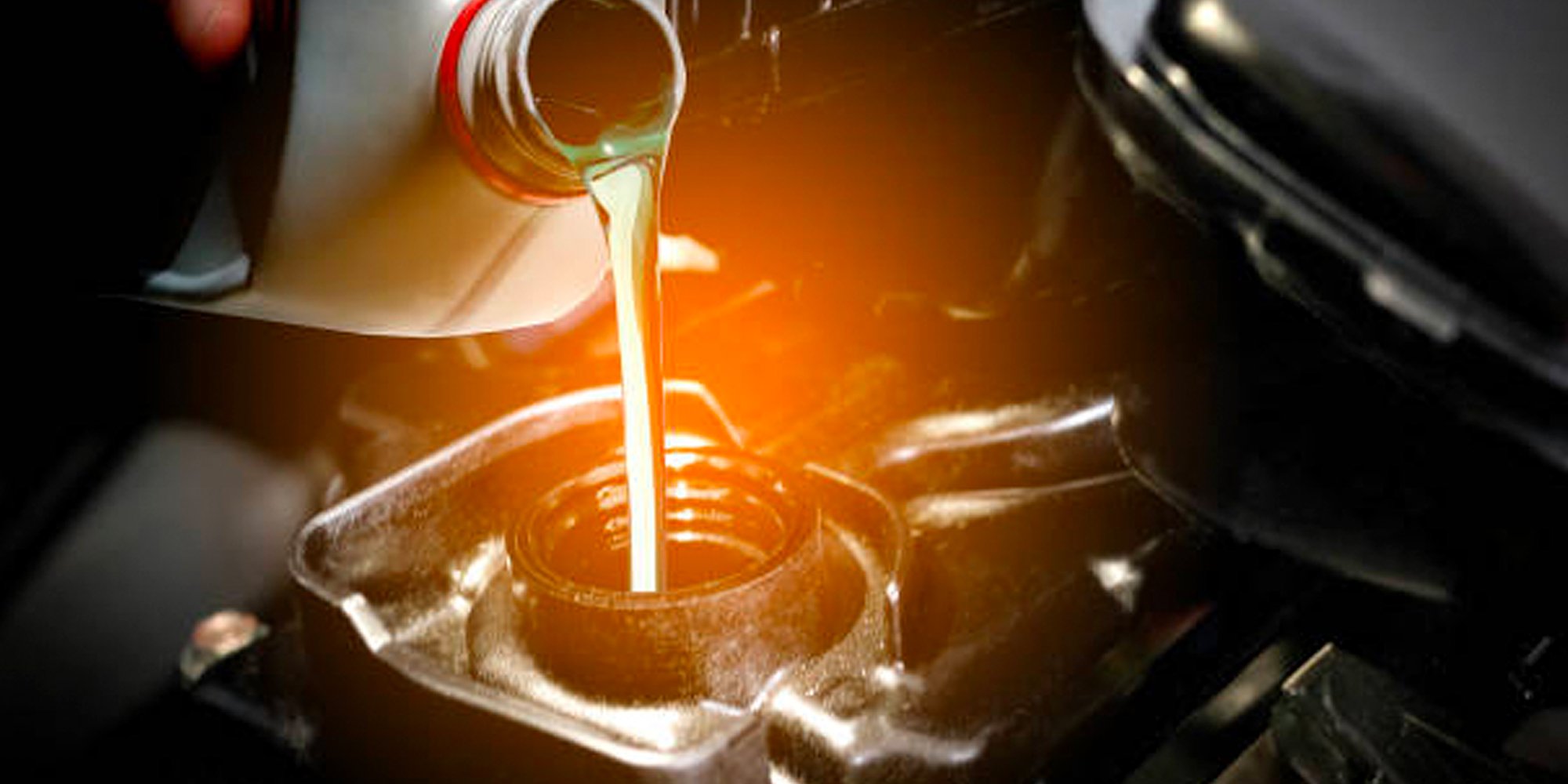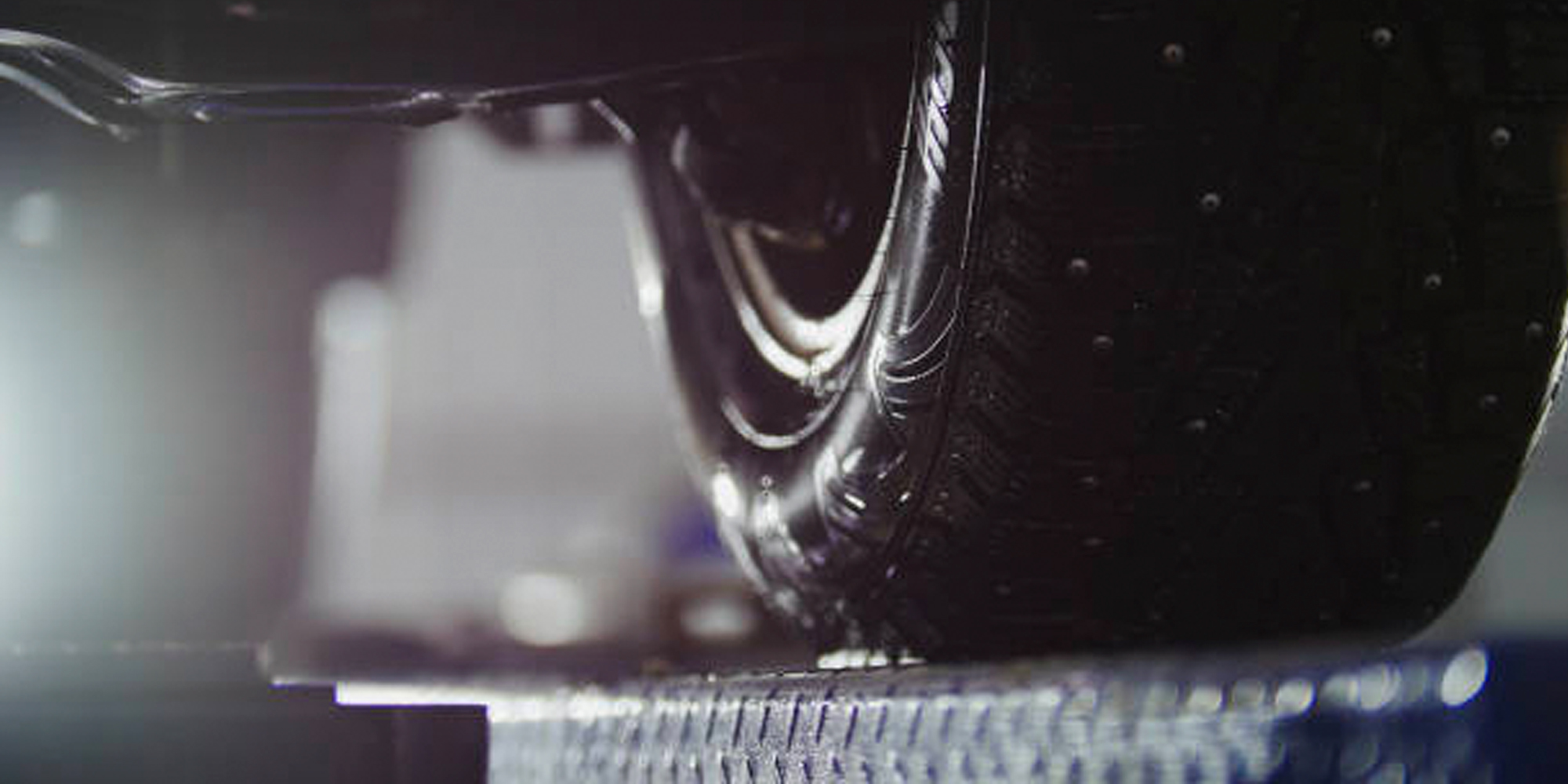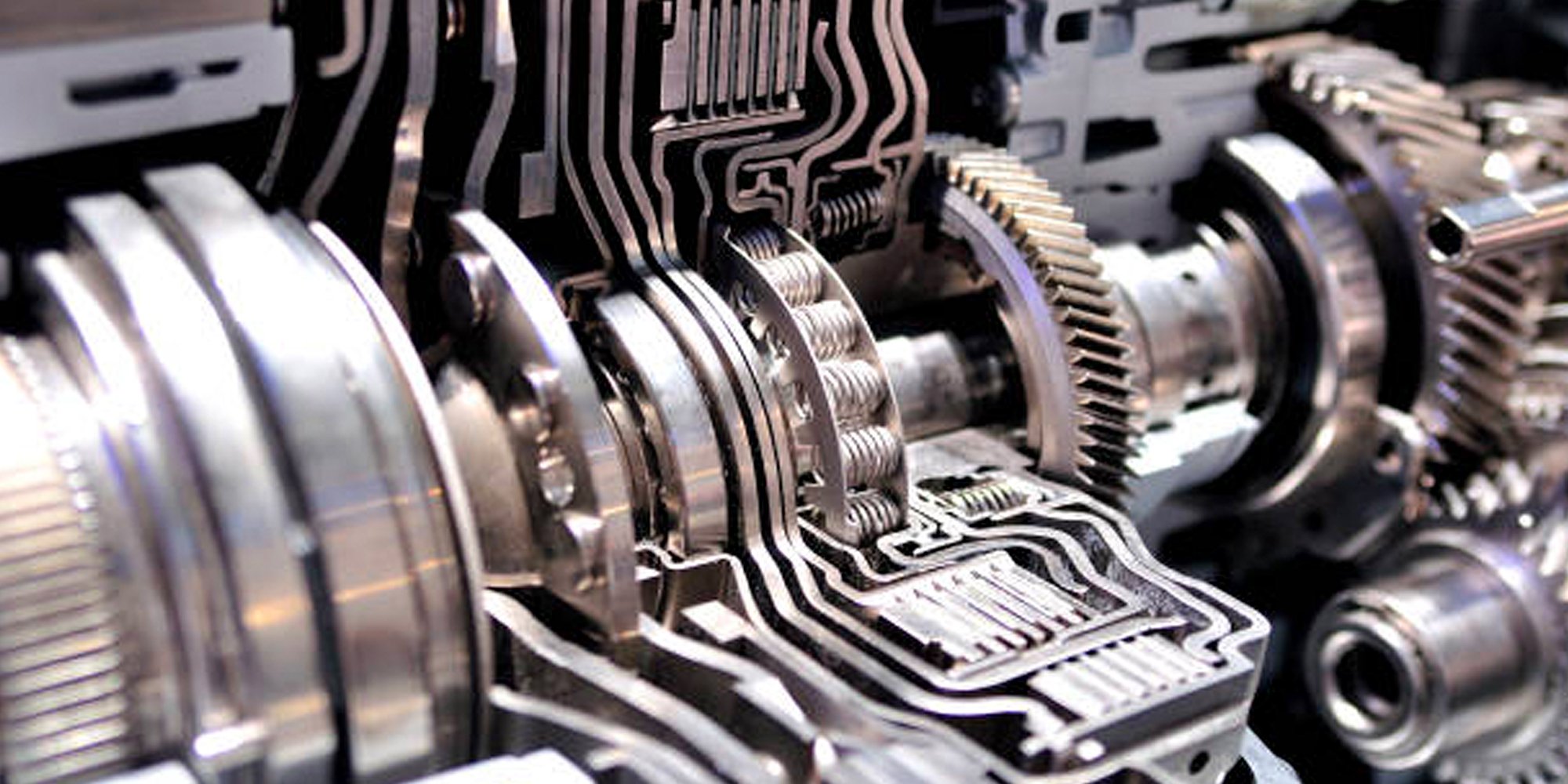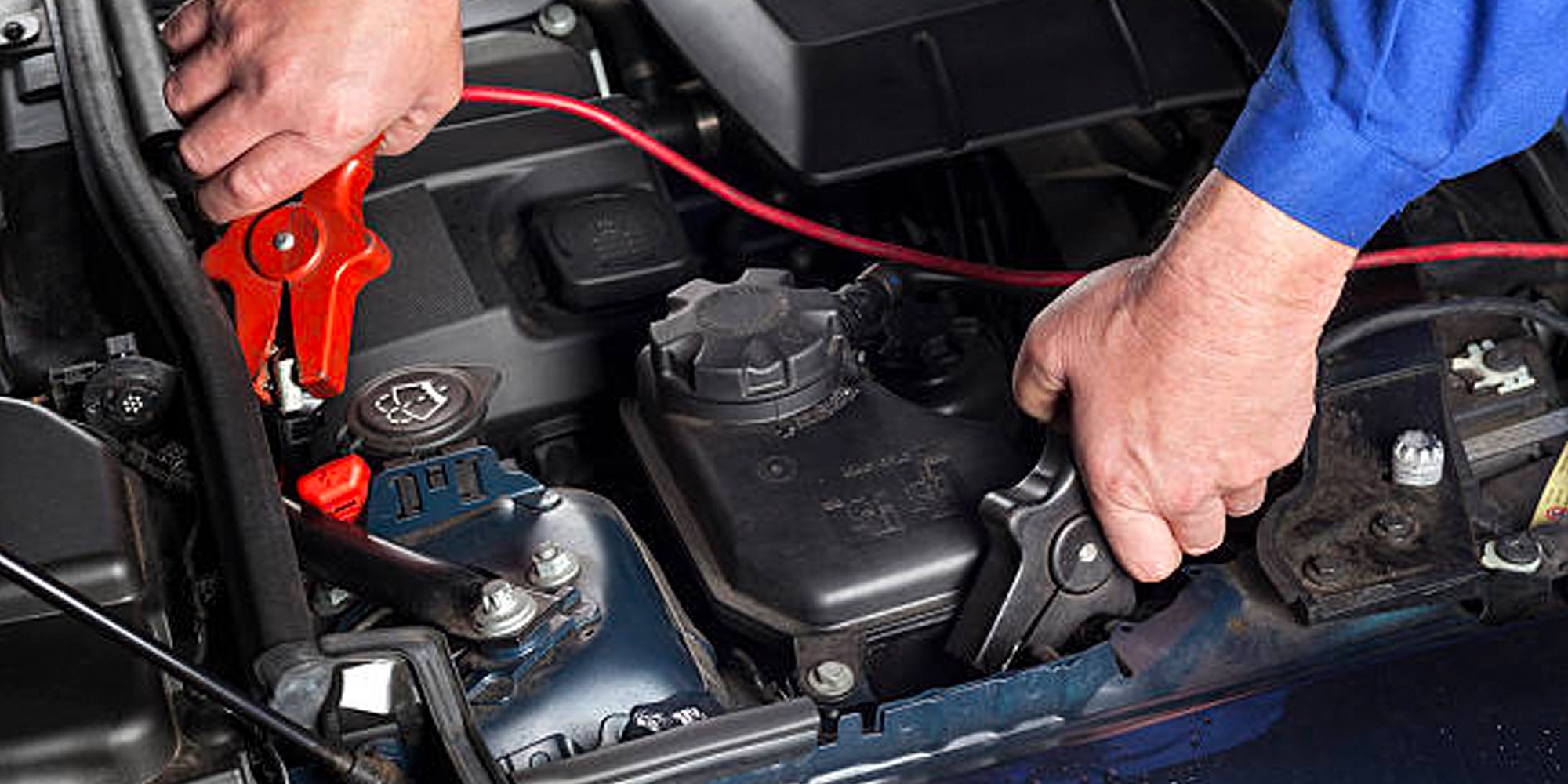Quiker Blog
News and updates
![Why Is My Car Leaking Oil [Engine Oil Leak Causes & Fixes]-featured-image](https://f.hubspotusercontent20.net/hubfs/19524826/Quiker-Website-Blogs-CarOilLeak.jpg)
Why Is My Car Leaking Oil [Engine Oil Leak Causes & Fixes]
You’re walking out of Oakland Mall and notice a dark puddle underneath your pickup. “Uh oh” is your reaction. Is that transmission fluid or coolant? A closer inspection reveals that the black liquid is oil: here’s another car leaking oil. Just like our bodies can signal that something is off with your health, oil leaking from a vehicle is a message that your auto has a problem.
You want to know, “why is my truck leaking oil?” It’s an important question. Let’s look at the common signs of an oil leak and your best steps to fix things.
Why do you get an engine oil leak?
What does it mean when your car is leaking oil? Think of this situation as an early warning sign that something is wrong with your vehicle. Oil leaking from a vehicle can be caused by numerous conditions and should be looked at right away. Ignoring an engine leaking oil can lead to more severe and expensive repairs.
What causes engine oil leaks in cars?
What causes oil leaks? Let’s look at some common causes of oil leaks.
Oil Filler Cap
Engine pressure can cause oil to leak from a broken, loose, or misaligned oil filler cap. This is the lid the protects the port where you add oil.
Oil Drain Plug
The oil pan, which is located underneath your car, houses the oil drain plug. A loose or misaligned plug can cause oil to leak.
Oil Filter
A loose or malfunctioning oil filter is another common car oil leak cause. This could be as simple as the filter not being correctly tightened or that filter is clogged and needs to be replaced. Also, not using the correct filter size can eventually cause an oil leak. Oil leaks after an oil change can be related to the oil filter.
Gaskets
Rubberized gaskets are used where certain metal engine parts are bolted together. These gaskets compensate for any metal imperfections that might prevent a tight seal between the engine parts. It’s not unusual to see a failing oil pan or valve cover gasket, especially in older and high mileage cars.
Over time, sludge and acid build up in the oil due to high engine temperature. This build-up will eventually damage the gasket and cause oil to leak.
Oil Pan
As we mentioned, the oil pan sits underneath the engine and serves as a reservoir for the engine’s lubricant. An oil leak can result from road debris damaging the oil pan gasket or the oil pan itself.
Can you drive a car with an engine oil leak?
Is a car leaking oil safe to drive? Generally, in these situations, you should not drive your vehicle for three reasons.
- Leaking oil is a fire hazard: the last thing you want is a fire in the engine compartment.
- Operating the engine without sufficient lubrication can cause significant damage.
- Oil can damage the engine’s belts and hoses.
Upon noticing an oil leak, use the engine dipstick and check the oil level. Then, contact a mechanic for advice on the next steps.
How to tell if your car is leaking oil
Whether you see signs of oil leakage under the car or in the engine compartment, there are tell-tale indicators of an engine leaking oil.
-
Oil Pressure Light Is On
They’re called warning lights for a reason. If the oil pressure engine light is illuminated in your car’s instrument panel, then the engine’s oil pressure is low. This may mean a bad oil pump or an insufficient level of oil to maintain correct engine pressure.
-
Dark Puddles Under The Car
Oil leaking from a car has to go somewhere, especially when the vehicle is parked. So, if you notice a black or dark brown puddle underneath your car, investigate further. This could happen at work or when your vehicle is in the garage or driveway. Look for oil stains.
-
Burning Oil Smell
Leaking oil can drip onto the exhaust system or other heated engine components and begin to smoke. It’s a pungent burning smell that’s hard to miss. If you notice this odor, pull over at the first opportunity to check out the situation and look at the oil level. Even if things look fine, have a mechanic check out your car.
-
Oil Build Up
Do you notice oil build-up on the engine itself? This may be near the oil filler cap or where the valve cover and engine head are bolted together. Such indicators can be a sign of an oil leak. If so, get it checked out.
-
Low Engine Oil Level
A low level of oil doesn’t automatically mean there’s a problem. A car’s engine characteristically consumes oil as it operates. However, it’s always a good idea to check the engine oil level. Depending on how much you drive, you may want to do this every time you fill up with gas. Eventually, you’ll have a good idea of what everyday oil consumption is for your car and can then be on the alert if the oil level becomes lower than usual.
-
Odd-Colored Engine Oil
Engine oil usually is black or dark brown and has a shiny appearance. A duller oil that is a lighter brown and has a milky or frothy quality may be an indicator of a blown head gasket. This can cause oil and coolant to mix, resulting in substantial engine damage.
Oil leak fixes: How to stop an engine oil leak in your car
A car oil leak is no fun. At best, it’s an easily corrected problem, and at worst, a vehicle leaking fast could mean a significant repair is waiting. Regardless, consider these approaches to getting back on the road with an oil-leak-free car.
Identify The Problem Area
As we talked about earlier, try to spot the problem area. Is the car leaking oil when parked? What about if oil leaks when the car is running? You may not know the exact origin of the troubles, but any clues can help your mechanic fix things quicker.
Don’t Delay
An oil leak means there’s something wrong with your car’s engine. It might be an easy repair, but ignoring oil leaking from a vehicle will most definitely mean an expensive fix is waiting for you down the road.
Get Professional Help
While the solution for an engine leaking oil could be as simple as a new filler cap or tightening a loose filter, it’s always a good idea to get the help of a qualified mechanic to provide oil leak fixes.
Final Points about a car leaking oil
Consider these two steps for dealing with an engine oil leak.
- Looking: Get to know the dipstick. Be in the habit of regularly checking your car’s oil level while being on the alert for signs of when your vehicle is leaking oil. Understanding oil leak causes will help you know what to look for.
- Reacting: If you do see an oil leak, instead of asking, “Why is my car leaking oil?” you’ll know that ignoring the problem won’t make it go away. Instead, seeking the prompt help of a mechanic may prevent a minor situation from turning into a major problem.
Quiker’s Mobile Mechanic Services
Quiker’s mobile mechanic approach is the ideal solution for help with your car’s oil leak. Our come-to-you auto repair services can be beneficial if you think that driving a car with an oil leak problem may cause damage to your vehicle. Learn more about how Quiker delivers car care to your door.
FAQs
Are oil leaks expensive to fix?
It depends on what is causing the leak. For example, tightening an oil filter is an inexpensive fix, while replacing an engine gasket will certainly be more costly. One thing is for sure: ignoring an oil leak will be VERY EXPENSIVE.
Can I fix an oil leak myself?
It depends on your comfort level and experience. Replacing a cracked oil filler cap is certainly a DIY thing. But more complicated repairs are best left to the professionals who can not only stop the oil leak but assess if there was any possible damage to your car.
What should I do if my car is leaking oil?
Don’t drive your car. Check the oil level. If there is sufficient oil and no danger of the oil catching on fire, then you can drive a short distance to your home or a dealership or repair shop. You may also find a mobile mechanic more convenient, which means you don’t have to drive anywhere.
Is an oil leak on a car serious?
Yes! Any oil leak is a symptom that something is not working properly on your car. Ignoring an oil leak can cause significant engine damage.
How long does it take to fix an engine oil leak?
It depends on the cause of the oil leak problem. Replacing an oil filter, for instance, is relatively quick, while replacing an oil pan or valve cover gasket can take several hours. Something more involved--like replacing a head gasket--can be even more time-consuming.
Can oil leaks cause overheating?
Yes! And serious damage can result. A low oil level will cause your engine to work harder and generate more heat as a result. This can lead to catastrophic engine failure.
Are oil leaks normal?
No! Engine lubrication is designed to be a closed system. Even a small leak means your car is not functioning properly and should be looked at right away.










